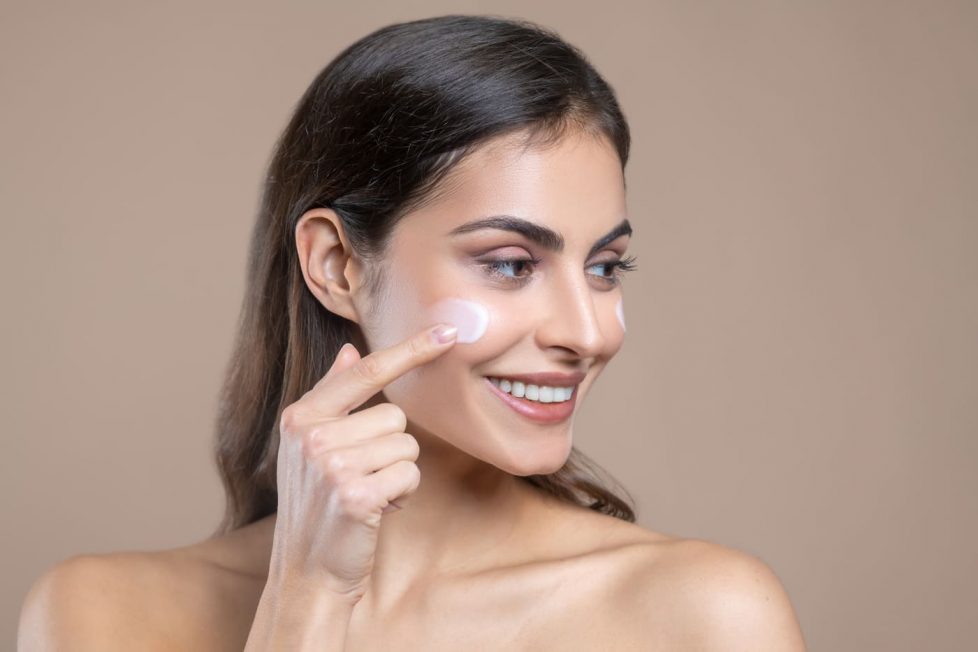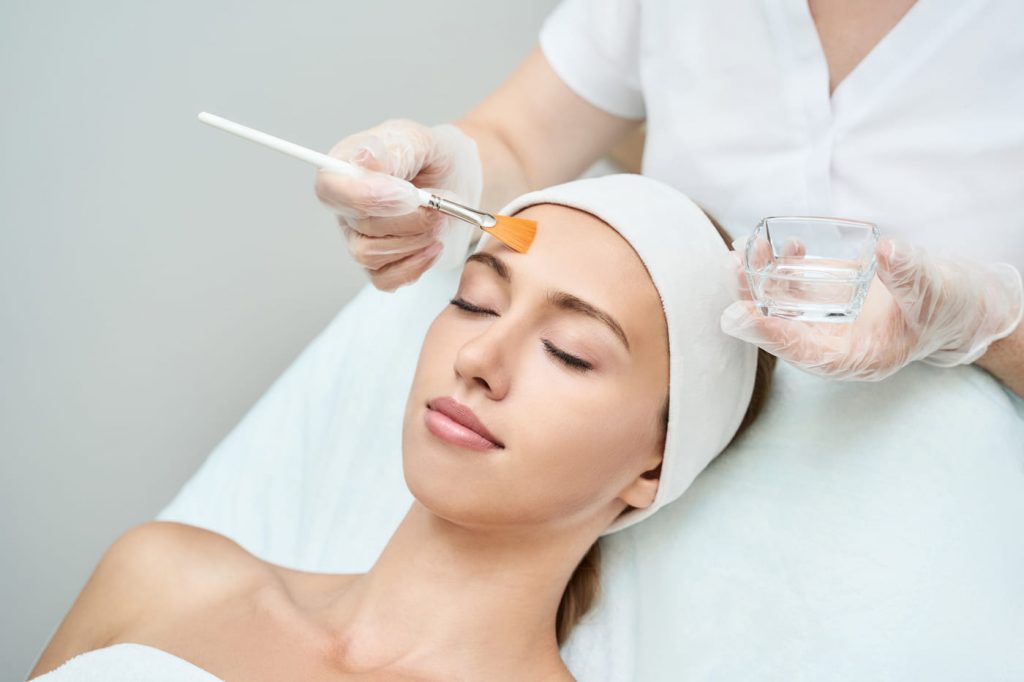Is retinol good for your skin type?
Retinol's power is what makes it popular, but it is not essential for everyone.

Retinol's power is what makes it popular, but it is not essential for everyone.

While few basic skincare ingredients have become household names, one is constantly part of the conversation: retinol. We’ve all heard of it, but after discussions both in and outside the office, it’s clear that many of us still aren’t exactly sure about what it is—or how it works. Some of us are under the impression that this ingredient is an anti-aging skin care ingredient, while others have heard it described as an acne treatment.
Retinol is a synthetic derivative of Vitamin-A but falls under a broader category of retinoid. When applied topically this product will convert into retinoic acid through specialized enzymes that are found within the skin. This ingredient was first approved in the 1970s to be used for acne patients. It helps promote cell turnover and prevent the clogging of pores. This will help defend against blemishes, as well as improve the way your skincare products penetrate your skin. In addition, it will promote your overall skincare routine and maximize results.
It is found in many different beauty and skincare products that you can buy over the counter, and comes in a variety of strengths. We recommend starting on a 0.25 to 0.5 strength and use it 2 to 3 times a week. If your skin is not irritated then you can move up to using it 4 nights a week. Be sure to use a retinol product, not a Retin-A product, which is much stronger. It aids in cell turnover, boosts collagen production, and is responsible for many skin miracles including but not limited to minimizing the appearance of fine lines and wrinkles, reducing hyperpigmentation, smoothing texture, and helping keep skin clear and free of blemishes.
When introducing your skin to retinol, it’s vital not to try too much too soon. Beginners should start by applying theirs once a week, slowly building up to every other night. Diving in at the deep end will likely lead straight to irritation and flaking. Patience is required when it comes to results too: results depends on a variety of factors, including but not limited to your skin type, the dosage of the product, and how much product is used. In general, you can expect to see the benefits of retinol after about 12 weeks of consistent use.

Do you have treatment-resistant acne? Retinol may be just what you need. By unclogging pores, it clears skin and prevents further outbreaks from occurring. Naturally, less acne will result in fewer acne scars. Plus, retinoids can amplify the effects of other medicated creams and gels, allowing you to get the maximum benefits of whatever treatments you’re using.
You can rest easy knowing that retinol is one of the most used and most well-studied anti-aging ingredients on the market. Collagen is a protein made by our body that keeps our skin looking smooth. Wrinkles and fine lines are caused by a decrease in collagen production. Retinol works to reduce the appearance of these fine lines and wrinkles by boosting blood flow to the skin, which increases the production of collagen. This helps to improve the appearance of wrinkles, by thickening the inner layer of the skin.
One of the many noteworthy aspects of retinol is that it stimulates skin cell turnover, which is manifested as a sort of “exfoliating” effect. Dull and dry skin makes way for new, brighter, and more even-toned skin, armed with increased levels of collagen and elastin. The thicker skin is stronger and smoother and has fewer overall imperfections. Thus, even relatively “problem-free” skin can have radiating effects from it.
Everyone could benefit from retinols, but it does not work for some patients, as they have underlying eczema or psoriasis. Additionally, if you smoke, you could be drying out your skin significantly, and then putting this ingredient on top of this would be too much and cause a greater level of irritation.
Retinol products make skin more sensitive to UV exposure. When you’re treating skin with them, always follow with sunscreen with SPF 30 or higher. And make sure that any products you apply during the day are suitable for daytime use.
Retinol is both preventative and corrective, helping you minimize the signs of aging you can see and the ones you cannot see yet, we would recommend it, but it all depends on your skin and preferences. It’s an important conversation to have with your own dermatologist. It’s a good idea to ask your dermatologist if retinol-based products are right for you and, if so, how often to use them.
